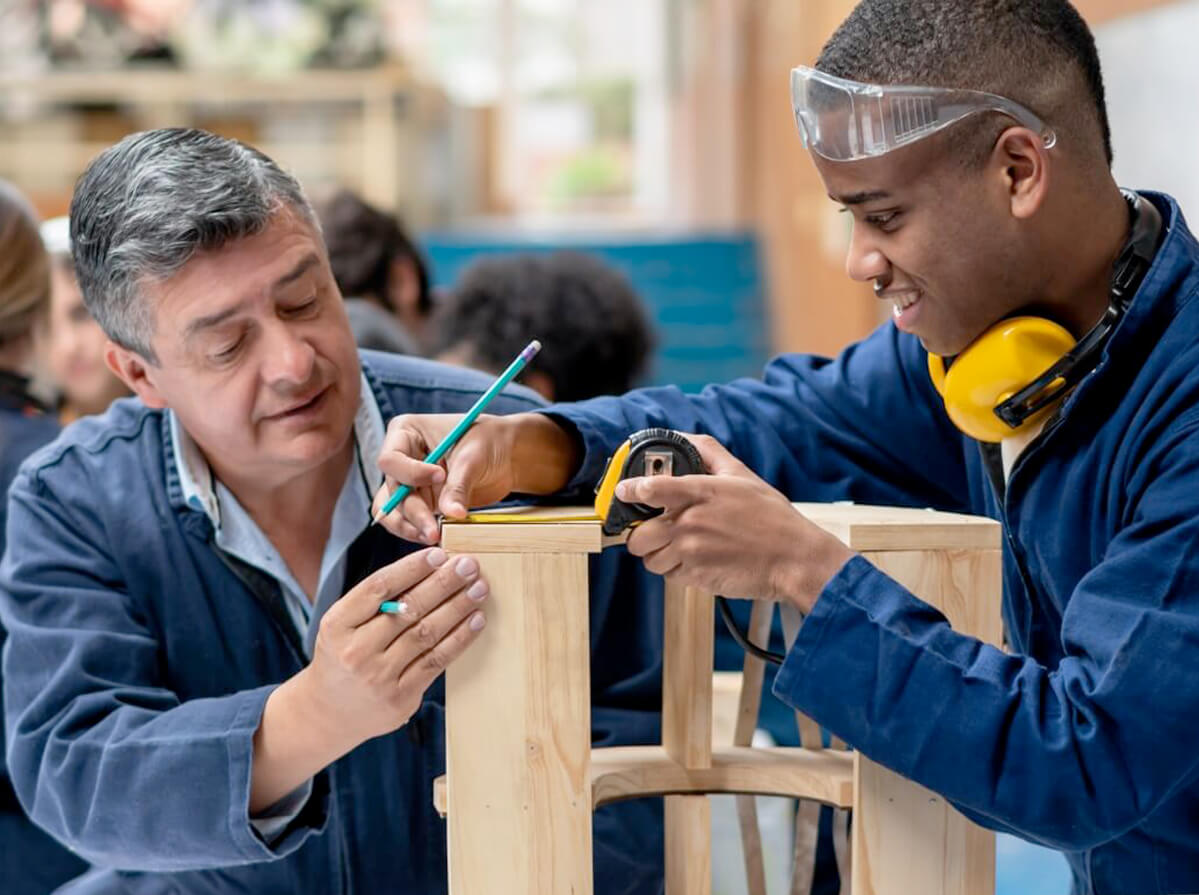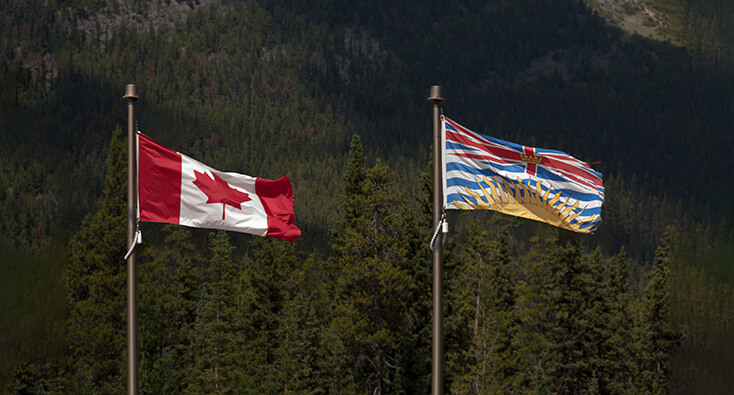
By putting people first, we’re building
a stronger B.C. for everyone
You do not have to face today’s challenges alone. We’re singularly focused on getting you and your family through hard times — like the rising cost of basic goods, the doctor shortage, and a housing crisis — all the while building for the future.
Budget 2025

Health care

Cost of living

Housing

Jobs and economy

Safe communities

B.C.’s tariff response

Legislation

